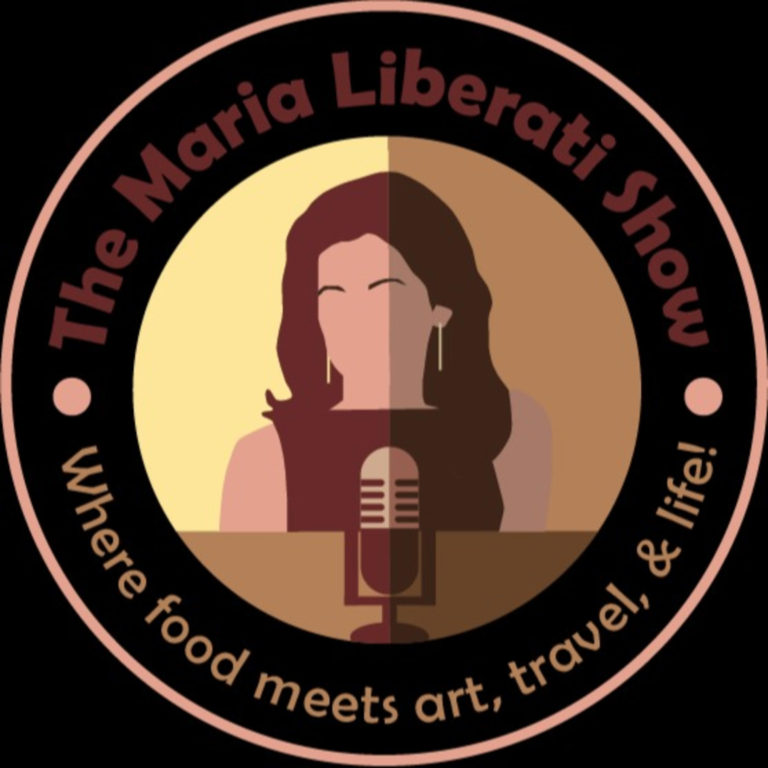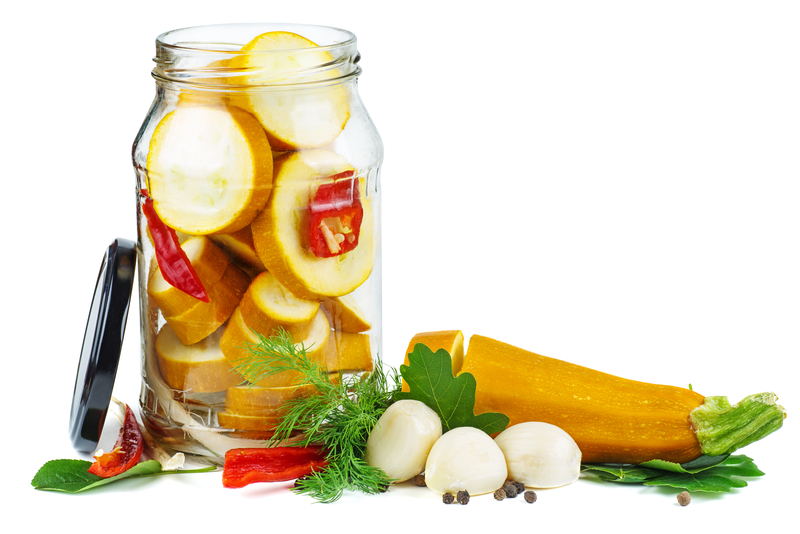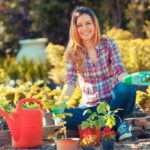Gardening season is in full swing, and that means you’re about to be up to your eyeballs in tomatoes, zucchini, and other delicious fruits and veggies. Rather than letting things go slowly to waste in your fridge or sneaking piles of squash into your neighbor’s unlocked car in the dead of night, adopting other strategies to prevent food waste can be both fun and educational. What can you do with it all? How can you make sure it’s not going to waste after all your hard work?
Find Out How to Donate
According to Wheels for Wishes, whether your extra is garden gleanings or leftovers that you’re clearing from the fridge, finding out where to donate food in your area is a great way to help others while helping yourself declutter. Local shelters, food banks, and even church groups are often delighted to have your fresh fruit and vegetables, frozen goods, and other offerings. Local laws might apply, so call your local food bank and ask what options are for donations. Perhaps your community group can donate together!
Store Better
For home storage, there are many great options for using up great products which otherwise could go to waste. One great option, whether for storage or cooking such as sous vide, is to get a vacuum sealer. Many small home products have been available on the market for a long time but are often inadequate in their pressure offerings. According to Vacuum Sealers Unlimited, commercial vacuum sealers are tougher and can handle more than a home vacuum sealer. Sealed foods last a great deal longer, both in the fridge and freezer.
Canning
Cottagecore crafts are trending right now, and along with them, learning how to can and pressure seal foods. For low danger foods such as jams and jellies and lemon curd, you can learn at home without much specialized equipment, only needing a water bath, jars, and a handling tool to lift from hot water. Higher acidity foods, like spaghetti sauce, green beans, and especially meats, however, according to Morning Chores, must be sealed in a pressure canner to not cause botulism. You don’t want food poisoning, so follow all the rules in guides like the Ball Blue Book.
You put in all the hard work to purchase, grow, cook and save foods, so this is just the last step. Learn how to protect your investment, and get new, fun skills at the same time. Even better, you can help yourself and others!
Read this next: How You Can Promote Food Safety in Your Kitchen
For more tips on kitchen, cooking, food, garden, home, listen to The Maria Liberati Show Podcast

Foodie, traveler, and art enthusiast? Immerse yourself in “The Maria Liberati Show,” where Gourmand World award-winning author/ chef Maria Liberati explores the world through the lens of food, culture, and art.
Join Maria as she engages fascinating guests in lively conversations about:**
Culinary experiences and traditions from around the globe.
The connections between food, wine, art, and literature.
The unique stories and inspirations behind people’s food journeys.
What food means to them personally and culturally. Learn how food connects us all!
Author Annie Guest joins Maria to explore small changes and decisions you can make in your home that will make a big difference on your mood and perspectives!
Enter, ”The Maria Liberati Show,” based on her travels, as well as her Gourmand World Award-winning book series, ”The Basic Art of Italian Cooking,” and ”The Basic Art of…” Find out more on https://www.marialiberati.com
—–
music: ”First Day of Spring” by David Hilowitz – available via Creative Commons Attribution-ShareAlike 4.0 https://creativecommns.org/licenses/by-sa/



